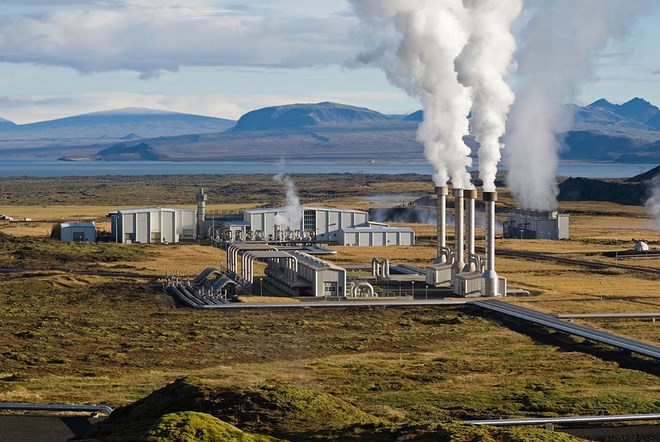Zimbabwe to Construct First Utility-Scale Geothermal Energy Independent Power Producer (IPP)
Zimbabwe has announced plans to build its first utility-scale geothermal energy Independent Power Producer (IPP), aimed at reducing greenhouse gas emissions, particularly from the energy sector, which is the highest contributor in the country. The initiative is part of the Green Resilient Recovery Rapid Readiness and Geothermal Energy Development Project, identified as a key intervention area under the Green Climate Fund. The project involves constructing a 10MW geothermal power plant in the Chimbwatata Hot Springs in Binga District, contributing to clean and reliable energy access. The move is crucial amid challenges faced by hydropower due to climate change impacts, including droughts and reduced water levels.
Key Points
- Current Energy Mix: In 2021, Zimbabwe’s total energy generation comprised 29% from non-renewable sources and 71% from renewables. Hydropower, constituting 69% of total energy generation, is the largest share, but climate change-induced challenges have led to intensive load shedding and increased reliance on fossil fuels.
- Geothermal Project Details: The geothermal project involves designing, constructing, financing, operating, and maintaining a 10MW geothermal power plant using binary cycle geothermal technology. The plant will be located in the Chimbwatata Hot Springs in Binga District.
- Climate Change Impact: Zimbabwe, despite contributing only 0.03% of global greenhouse gas emissions in 2021, is highly sensitive to extreme climate events and ranks among the top 10 countries most affected by climate change. The decline in water levels in the Kariba South hydroelectric power plant due to drought has caused an energy crisis in the country.
- Alternative Energy Sources: The geothermal project aims to reduce reliance on hydropower and diversify the energy mix. Zimbabwe has various untapped renewable energy resources, including solar, wind, and biomass. The geothermal power generation is seen as a viable option to meet growing power demand and reduce emissions.
- Challenges and Opportunities: The country faces challenges in financing capital-intensive electricity projects, but joint ventures or private international capital could play a role in their success. Solar energy, despite substantial potential, faces constraints in meeting various energy needs, and other sources like wind, methane gas, nuclear, and biofuels are considered as complementary options.
Month: Current Affairs - November, 2023
Category: International / World Current Affairs


